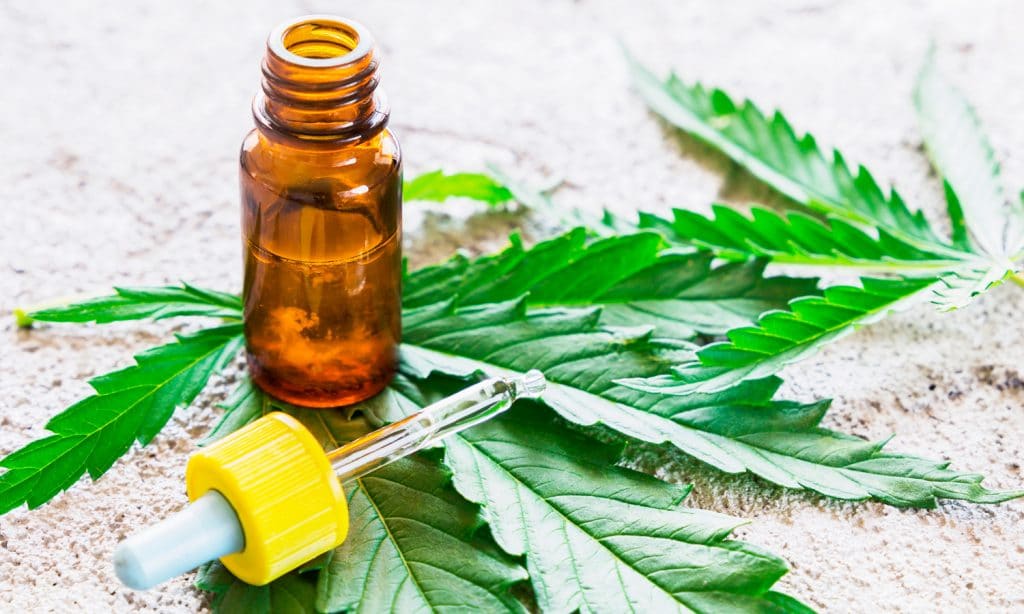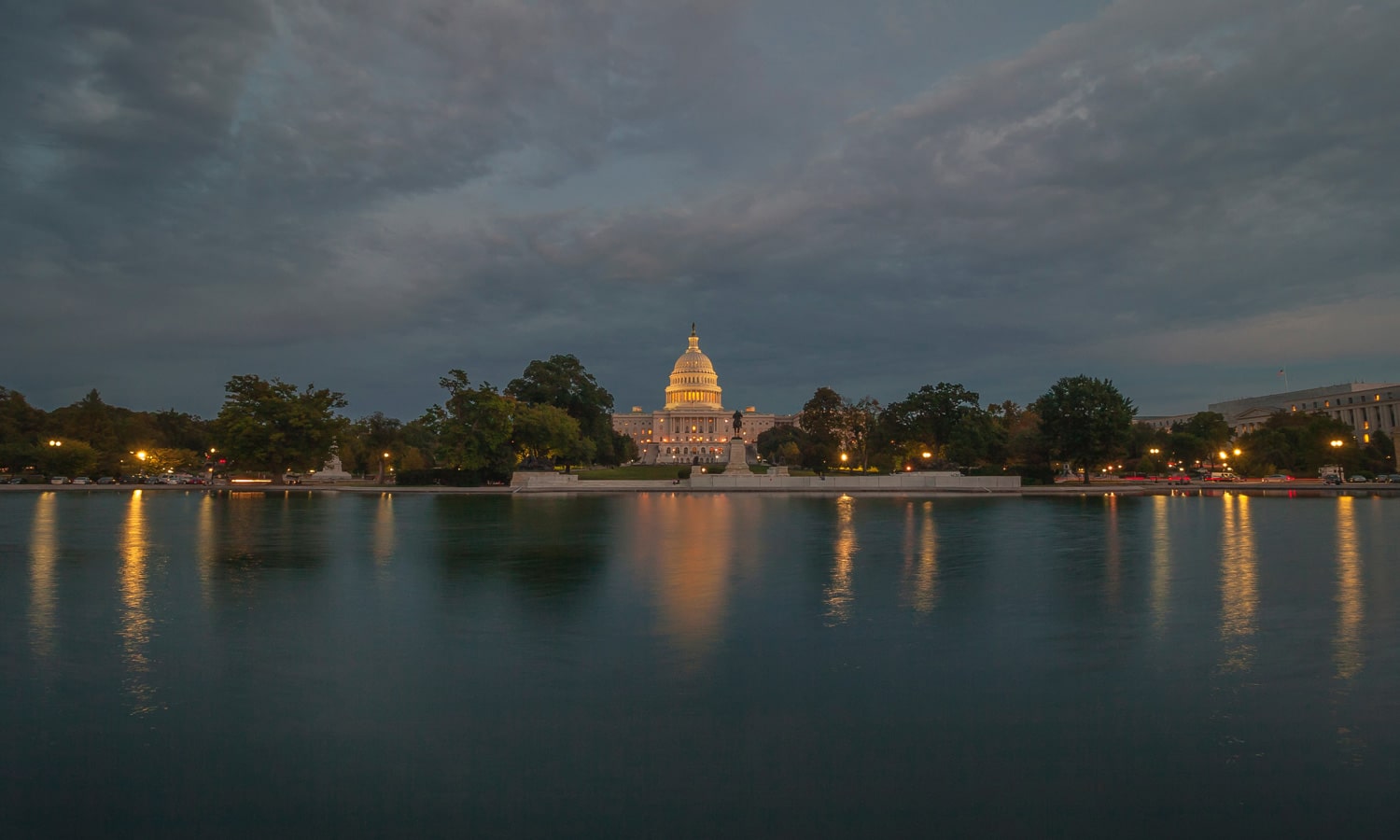The sheer size and growth of the industry on a state level and the revenue it generates may prove to be the breaking point for the feds to finally release its chokehold.
In the U.S. cannabis industry, the U.S. Drug Enforcement Administration (DEA), the U.S. Food and Drug Administration (FDA), and the U.S. Department of Justice (DOJ) have all have had a hand in blocking the industry’s evolution. Getting past these federal barriers is crucial to advancing the industry.
Chief among these institutions affecting the growth of the industry is the DEA. That federal government organization has kept marijuana ranked as a Schedule 1 substance since 1970, meaning it’s an abused drug as bad as heroin, and worse than fentanyl, oxycodone, and cocaine. The DOJ works as the enforcement arm of the DEA.
That DEA ranking is the biggest barrier to overcome for anyone trying to do business in the industry. It stops or impedes banking, advertising, interstate commerce, small business loans, insurance, corporate tax structure and basically nearly every aspect of core business development.
The FDA is sending out mixed signals about CBD and hemp, trying to clarify what they mean by legal and illegal, and throwing the U.S. Department of Agriculture (USDA) into the mix to come up with regulations that are still being worked out. So they are, in effect, controlling the hemp side of the marijuana industry.
Then there is the 116th Congress itself, a legislative body that has been more willing to listen to industry representatives than any other Congress to date.
Two bills made it into the Senate: the Marijuana Opportunity Reinvestment and Expungement Act of 2019 (or the MORE Act), introduced in the Senate but sitting in the Committee on Finance since July, 2019; and the Secure and Fair Enforcement Banking Act of 2019 (or the SAFE Banking Act).
The SAFE act was the first marijuana legalization bill to pass the House, but Mike Crapo, R-ID, chairman of the Senate Banking Committee, blocked the act from Senate discussion.
RELATED: More Proof That Marijuana Banking SAFE Act Is Dead
The Credit Union National Association (CUNA) has proposed amendments that they believe will help the SAFE Act bill get passed. And the American Bar Association recently issued an appeal to Congress in support of details of the SAFE Act.
Major marijuana advocacy organizations have done what they can to advance the industry — National Organization to Reform Marijuana Laws (NORML), Marijuana Policy Project (MPP), Americans for Safe Access (ASA), National Cannabis Industry Association (NCIA). They can help steer results — for example, testifying in support of legalization efforts in Congress.

Other more recently formed marijuana business organizations have outlined what is needed for the industry, most recently at a Congressional hearing in January. But witnesses from the DEA were there as well to divert or dispute any pro-marijuana witness testimony.
There are some who would say that Big Pharma, Big Tobacco and Big Alcohol may eventually control the industry, as they begin to make deals which would mainstream cannabis and potentially provide mass production and marketing abilities.
As proof of the Big Tobacco interest, witness the $1.8 billion deal between the struggling Canadian cannabis company Cronos and Richmond, Virginia-based Altria, makers of Marlboro cigarettes that is also heavily invested in Anheuser-Busch InBev, the world’s largest brewer.
RELATED: Surprising Conservative Investors Who’ve Stuck With Marijuana Stocks
Who really controls the industry? Maybe it’s the surviving cannabis businesses that have weathered the startup bumps in the road and are digging in, proving that this industry has a solid, multibillion dollar future run by competent business owners.
For now, there is no getting around the federal barriers to building the industry. But the sheer size and growth of the industry on a state level, the employment it provides and the revenue it generates now and in the future, may prove to be the breaking point for the feds to finally release its chokehold. Only then can real progress happen.


